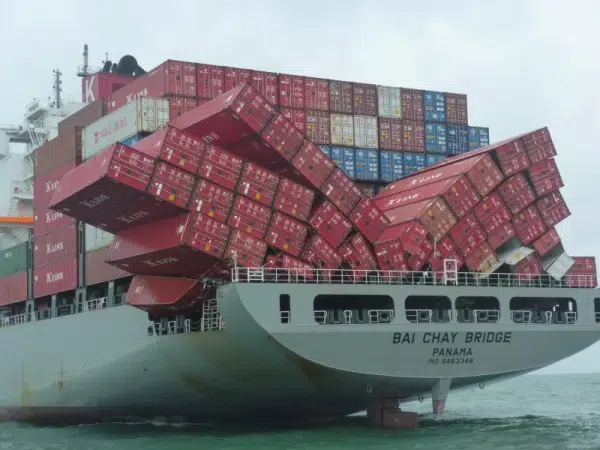CARGO INSURANCE
Cargo Insurance.
Shipping freight means there is a risk of cargo being damaged or lost, whether that is from going overboard, being stolen or mishandled or, even, war. Fortunately, there are various cargo insurance options available that cover these eventualities. Insurance coverage generally covers the cost of the goods plus the cost of freight with an additional 10% on top of that.
In our experience, we recommend that customers obtain their own cargo insurance, then in the event of lost or damaged cargo, customers can guarantee that they will receive their payout. It can be difficult to redeem insurance if going through a freight carrier as they often only offer liability insurance. Therefore, it is a good idea to do your own research to find the most suitable cover for your shipment.

However, there are some exclusions to bear in mind. These will be specified on your insurance policy with Texas International Freight. For example, for the insurance policy to be valid, one specification will be that the cargo arrives at the exit port in a good state. Otherwise, you risk not receiving a payout if an accident does occur.
A key thing to remember in regard to cargo insurance is general average, a concept that has become better known following the Suez canal blockage. If a vessel is damaged, or even goes down, general average may be declared by the carrier. In that case, all parties with cargo on board the damaged vessel are liable for their prorated portion of the loss, even those who suffered no damage to their own freight. Consequently, the need for insurance for all shipments is clear to see.
Alongside cargo insurance, shipments require other documentation including bills of lading, certificates of origin, and legalization and consularization services. Sometimes validation of shipping documents by a legal authority, such as a consulate or embassy, is required. Contact Texas International Freight to find out more about our expertise in these areas.
